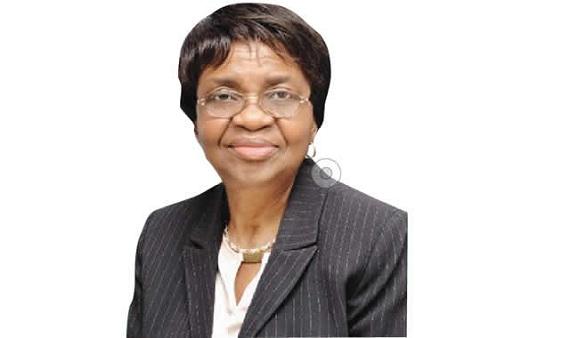– Say gesture will accelerate Universal Health Coverage

The Director General, National Agency for Food and Drug Administration and Control (NAFDAC), Professor Mojisola Adeyeye, has urged the Nigerian government to commit more funds to herbal medicine research and development, saying such investment would have holistic effects on the pharmaceutical industry and the health sector, in general.
Adeyeye made the call recently at the inaugural symposium and launch of the African Centre of Excellence for Drug Research, Herbal Medicine Development and Regulatory Science (ACEDHARS) held at the University of Lagos, Akoka.
The NAFDAC DG was the keynote speaker at the symposium, themed, “Drug Development from African Medicinal Plants: Opportunities, Challenges and Regulatory Approach”.
She stated in her address that it had become imperative to support research in herbal medicine development through funding, saying such gesture would help to expedite the nation’s quest for Universal Health Coverage.
Adeyeye pointed out that many of the herbal medicines in Africa, particularly Nigeria, have potentials for efficacy, adding however that the only way this can be ascertained is through extensive scientific research. She therefore called on the government to commit more money into such efforts.
Adeyeye also emphasised the need to change the current approach to herbal medicine production in Nigeria and across the African continent, noting that specific techniques must be adopted in testing herbal medicines, taking cognisance of their difference from orthodox medicines.
Citing some of the challenges facing herbal medicines development in Nigeria and Africa, the NAFDAC DG said medicinal plants have diverse bioactive compounds, which are dependent on factors, such as geographical location, time of harvest and storage condition.
Other challenges outlined by Adeyeye include ignorance of regulations by practitioners, funding of and reluctance to conduct clinical trial, intellectual property ownership, deforestation, lack of access to latest technologies, as well as low interest of researchers in herbal medicine development.
Commenting on the launch of ACEDHARS, the keynote speaker said the Centre is of immense importance to not just Nigeria but the entire African continent, especially as its focus is on the development of herbal medicine for the benefits of the people.
She therefore called on herbal medicine practitioners to take advantage of ACEDHARS trainings to increase their knowledge of herbal medicine practice, saying further and continuous education is indispensable to successful practice.











